Vegetables: Why Do We Need to Eat Them?
From a very young age, most of us were taught that we needed to eat our vegetables so that we would grow to be big and strong. This would especially be reinforced by our parents at dinnertime, with a healthy portion of them put on our plate.
If you were the average typical kid, you probably put your nose up in the air a number of times, testing your parent’s patience. Vegetables: why do we need to eat them?
Vegetables: Why Do We Need to Eat Them?
Although it may be hard to hear, your parents were right. Vegetables are extremely good for you, but it goes much deeper than that. Vegetables provide you with nutrients and vitamins that play a key role in the health and proper functioning of your body. Here’s more on vegetables and why you need to eat them.
What Our Bodies Would Be Like Without Them
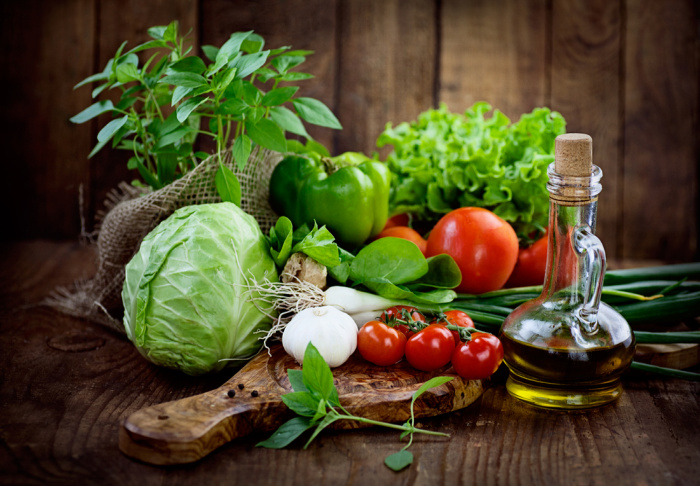
To make things a bit more interesting, let’s take a look at what could happen to your body over time if you rarely were to eat vegetables. Here’s what you can expect.
Weight Gain
If you’re not eating your veggies (low-calorie content), there’s a good chance you’re getting your calories in the wrong areas. Foods that are higher in calories are usually the culprit, and these are ones that we are typically more prone to overeat.
This causes you to gain weight much easier than eating low-calorie foods (vegetables) that have a reverse effect.
Digestive Problems
Without vegetables in our diet, we are more likely to have digestive problems that can be extremely uncomfortable. You may experience constipation, hemorrhoids, or diverticulosis.
Vegetables contain dietary fiber that helps promote regularity and prevent constipation.
Diminished Mental Health
It has been proven that what we eat can play a big role in how we function mentally. Choosing not to eat vegetables can mess with our mental health.
We can’t think clearly and perform simple tasks as easily because our brains are missing the nutrients that are found in vegetables. Eating vegetables will give you a longer attention span, and you may notice an improvement with your mood.
There have also been studies done that revealed that people that had healthy amounts of vegetables and fruits as more a part of their regular diets were less likely to struggle with depression.
That’s because vegetables contain vitamin B6 and pantothenic acid. A deficiency of these two can trigger depression.
Increases the Risks of Cancer
Choosing not to eat vegetables will increase the risk of certain types of cancer. The antioxidants and carotenoids in vegetables help your body protect itself against radical cells that attack our healthy cells.
By eating a healthy diet of all different types of vegetables can help lower your cancer risk. Researchers have found that vitamins and supplements can help, but it’s not enough. Your body is depending upon those nutrients found in vegetables to help battle cancer.
Expect Higher Blood Pressure
People that have diets that are higher in sodium and lower in vegetables will more than likely experience higher blood pressure at some point. Both vegetables and fruits have been found to help lower blood pressure by reducing some of the sodium that’s in our diet.
This is because of the potassium, calcium, and magnesium that can be found in vegetables.
A Greater Risk for Heart Disease
Eating vegetables is a great way to help lower your blood pressure, and mentioned, which helps reduce the chances of a stroke or a heart attack later on. Failing to eat vegetables and replacing them with saturated fat and refined carbs will only increase that risk dramatically.
Nutrients You’d Be Missing
No matter which ones you choose, vegetables are filled with nutrients and minerals that our bodies desperately need. Several of these include dietary fibers, folate (folic acid), potassium, and vitamins A and C.
Other Health Benefits
Not only do vegetables lower the risk of cancer, heart disease, and a number of other health problems, but they help in a few other ways as well.
They reduce the risk of obesity, type 2 diabetes, and may even help reduce the risk of kidney stones and decreased bone loss. The vitamin C found in vegetables may help to heal cuts and wounds more quickly.
Certain vegetables help to maintain good eye, skin, and hair health. It’s also fair to note that vegetables don’t contain cholesterol and very few calories. Last but not least, vegetables can provide your body with energy to simply make it through the day.
Different Ways to Still Get Your Vegetables
Some people simply don’t like vegetables for any number of reasons, whether it’s the taste, texture, or even the smell that turns them away.
Vitamin supplements can be used in their place to help fill the nutritional gap for those that don’t eat vegetables, but it’s not the same as eating vegetables.
You can still get your vegetable intake in a number of different ways without eating them as they come out of the garden. Try adding them with fruit and drinking them as a smoothie.
You could also add them to sauces, pureed soups, hide them in frittatas, put them in ravioli, or add them to mashed potatoes. These are several other ways for you to try eating them, even when you hate them. My favorite Soup Pot for all my soups.
Final Word
Some of us are more fond of vegetables than others, but they have vitamins, minerals and nutrients in them that simply cannot be ignored. Vegetables can help prevent heart disease, stomach problems, certain types of cancer, lower your blood pressure, and so many other benefits.
Vegetables: why do we need to eat them is such a good resource! What was your favorite part about reading this? May God bless this world, Linda
Copyright Images: Vegetables Deposit photos_62155999_s-2019

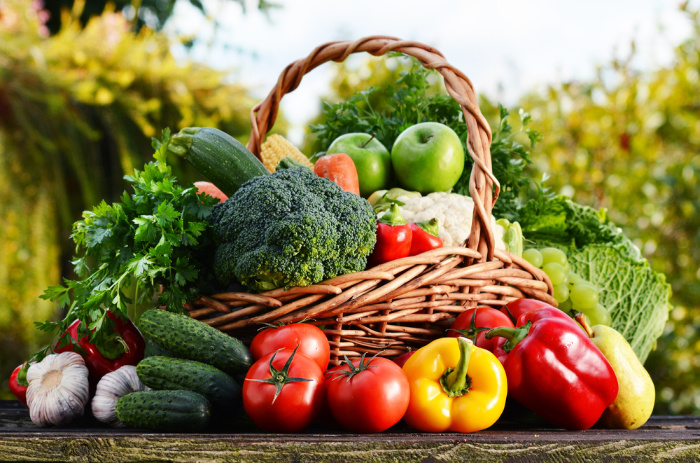


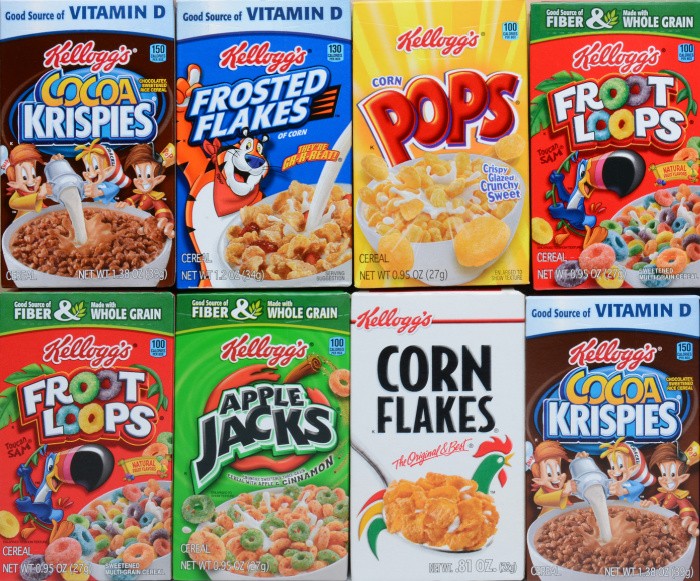

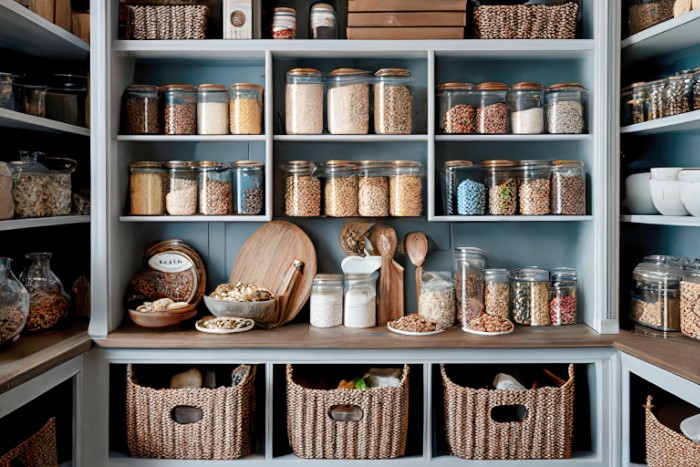



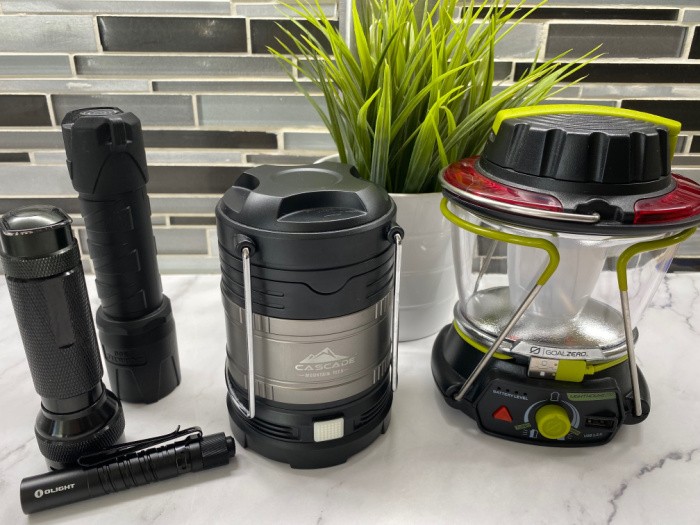
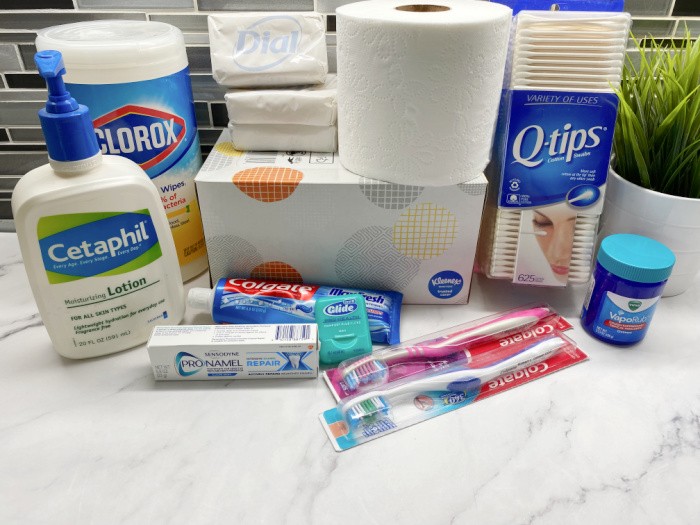
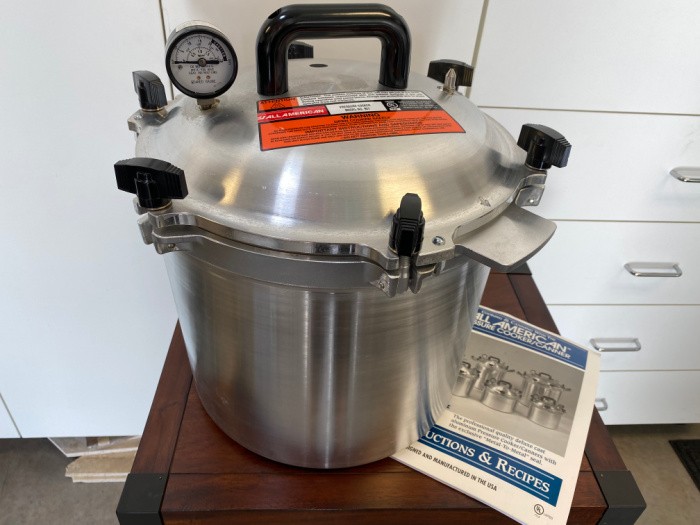
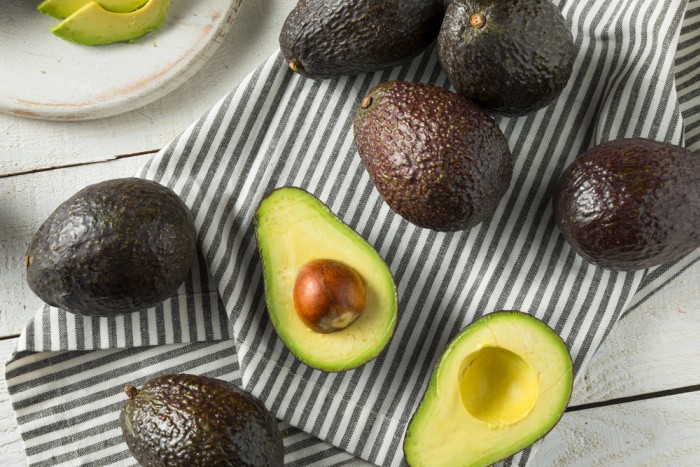

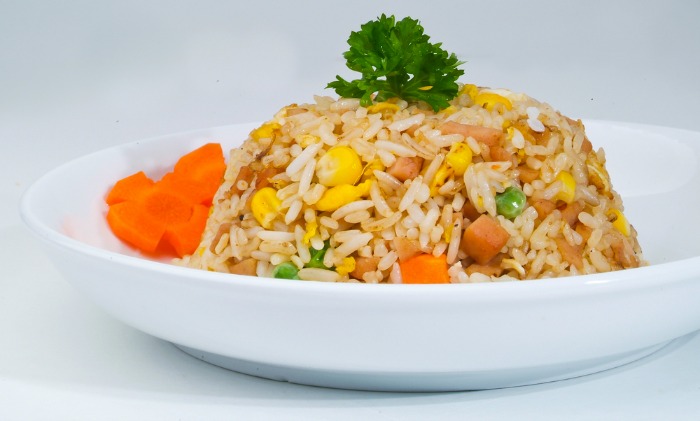







How are you doing? As I have told you before I love your articles. With this one I might of added to aim for 7 servings, frozen is as good as raw a day. For many that tomato slice on their burger and the strawberry shake to them is more then enough. Not all veggies are costly, coleslaw in a bag is something we eat all year, I add a grated carrot, I grate in radishes, and I’ll finely chop a pickle and add them to the coleslaw. This summer we experienced some weather that BC Canada has never even dreamt of. I felt real good knowing we are somewhat prepared with stored water and staples to survive. Instead of selling my lavender this year I posted an ad saying “you pick, trade for garden greens or farm eggs.” Getting a good response. Take care and keep up the good work informing people!
Hi Diane, oh my gosh, I love your comment! You pick, trade for garden greens or farm eggs! Yay! I agree frozen works great for me as well! All is well here but the virus is popping up again. We had a neighborhood pass away today from it at the hospital. I love coleslaw, that’s a great tip on adding stuff to the base coleslaw. Stay safe, it’s good knowing you are prepared for the unexpected! I love it! Linda